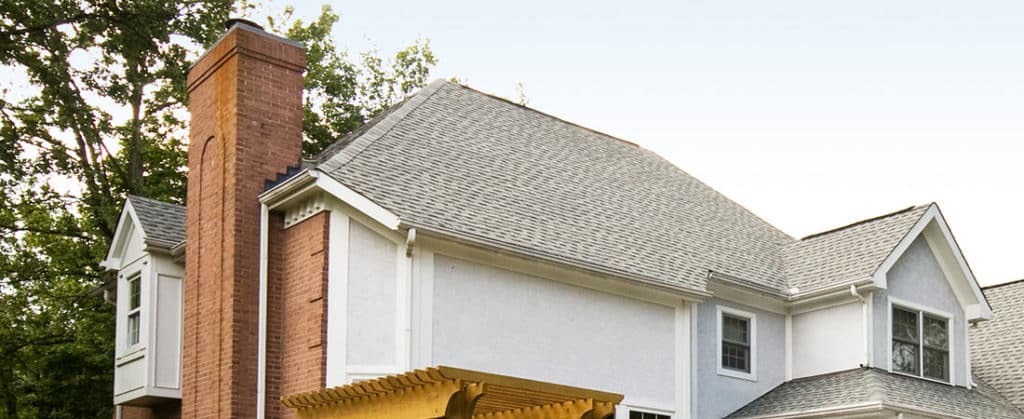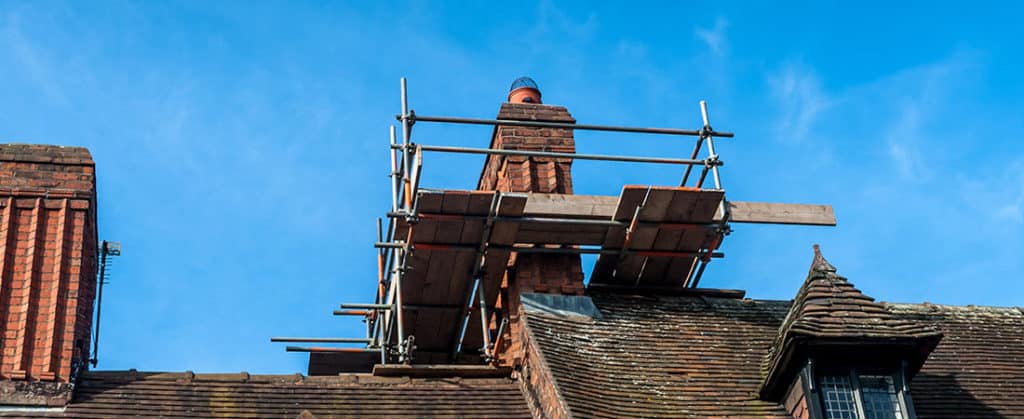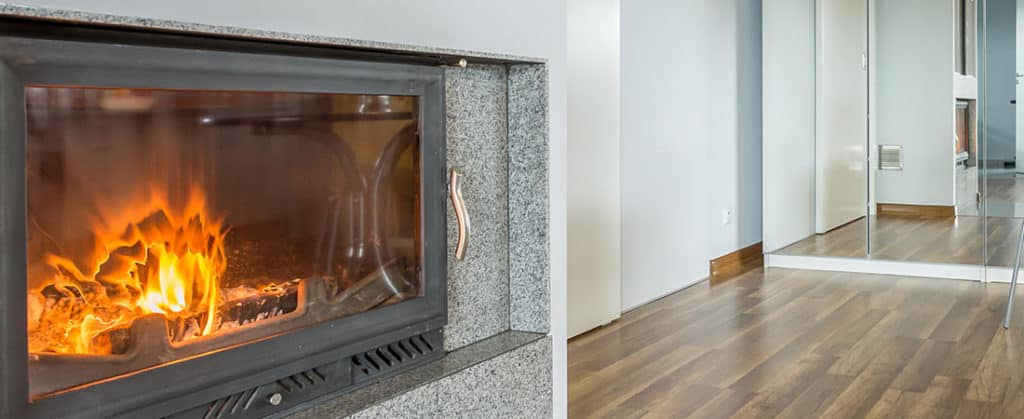While the chimney has been around since time in memorial, studies by chimney contractors show that many people don’t know much about them. Here are some of the things you should know about your chimney:
Critters love making chimneys their home
While it might seem absurd, it’s common for birds, raccoons, bats, squirrels, and other animals to build their homes on the chimney. In most cases, the animals build their nests on neglected chimneys.
While having animals on your chimney might seem cute, it isn’t. In fact, the animals pose a lot of danger to you and your family. This is because they tend to block the chimney preventing it from expelling the harmful carbon monoxide gas. The blockage can also lead to a chimney fire which would be catastrophic.
What should you do when you are having animals in your chimney? First of all, don’t try to remove them by yourself as you will be on the wrong side of the law. The best way of going about it is contacting the animal control in your state and let them know about it. They will come and remove them.
In addition to contacting the animal control, you also should contact a reputable chimney cleaning professional to help you with not only the cleaning of the chimney, but also help you with the inspection of the chimney for any blocking materials that might be present.
Creosote is dirty, dangerous and smelly
When you are keeping warm, the soot coming from the fuels builds up on the inside of the chimney forming creosote. Chimney experts report that creosote is the main cause of most chimney fires. If your chimney is wet and accumulates moisture, the creosote is bound to get smelly.
For you to protect yourself and your loved ones you should clean the creosote as soon as you can. For ideal results, clean it at least once a year. Do you have a small chimney? You can clean it by yourself but if the chimney is large, you should hire a chimney sweep to help you out.
Chimney cracks aren’t cute. They are dangerous
Due to age or physical damage, it’s common for the chimney to develop cracks. Some people think that the cracks are cute, but this isn’t the case. Broken bricks indicate a major structural problem with the chimney, usually resulting from long-term exposure of the chimney to moisture.
The heating and freezing cycles of the chimney make the water to break apart the bricks, making the bricks irreparable. Creosote can also hide in the cracks putting your house at the risk of fire.
When you see cracks on your chimney, you should contact a masonry contractor to inspect the chimney and nature of the cracks. If the cracks are large, chances are that you can’t fix them—you should replace the affected bricks.
You should note that sometimes you may have to bring down the entire chimney and construct a new one.
Spalling is a serious problem
Spalling is where the face of the bricks pops off, exposing the interior of the brick to the weather elements. This condition comes about when rain soaks into older softer bricks and then freezes and thaws over a number of years.
This leads to the separation of the thin face layer from the brick itself. When you have this problem for a long time, your chimney can easily come down endangering your life and that of your loved ones.
For you to avert the problem you should cover the affected bricks. Also, consider replacing the affected bricks.
It’s not normal for fireplaces to smoke
While chimneys are meant to generate warmth, they aren’t supposed to smoke. This means that when your chimney is smoking, you have a problem that you should fix as soon as possible.
A smoking chimney is brought about by a number of issues that include: inadequate fire supply, too large fireplace opening, drafting problems, closed dampers, bad construction, damaged dampers, unlined chimney, super air-tight house, and many other issues.
Is your chimney smoking? You should contact a chimney cleaning services Annapolis provider to help you with the inspection. The contractor will also help you with the fixing of the issues, if present.



